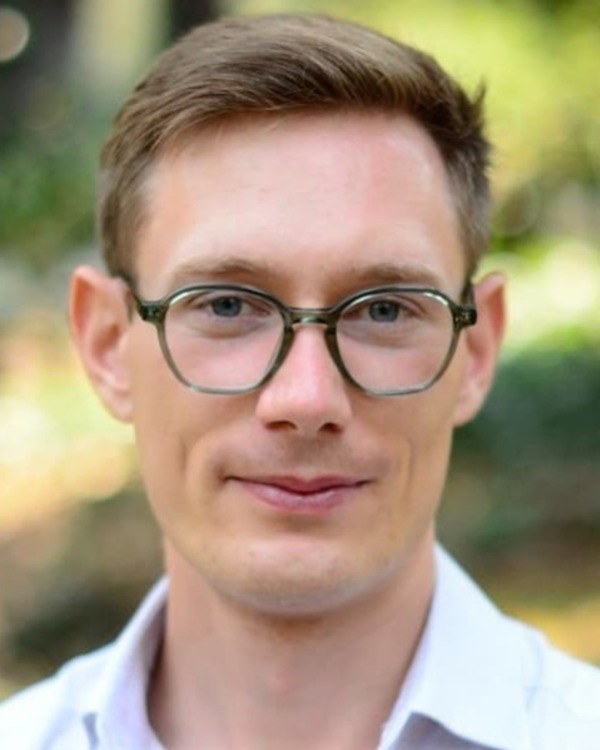Johannes Junge Ruhland

Assistant Professor of French and Francophone Studies
Discipline(s): French Language and Literature, History, Manuscript Studies
Department: Department of Romance Languages and Literatures
I am a scholar of medieval literature in French, Occitan, Latin, and Franco-Italian. My focus is on manuscripts from ca. 1200 to ca. 1400 and in my work, I try to explore the implications of working with a “manuscript-first” approach on questions of historical narration, genre, narrative voice, and hermeneutics.
My current research program is on manuscripts that present historical narratives, especially in prose. By looking at manuscripts of the Histoire ancienne jusqu’à César, the Grandes Chroniques de France, and lesser-known historical narratives, I try to develop a better understanding of how the medium of the manuscript book primes readers to understand what history is and engage with historical narratives in ways that depend on the material presentation of texts. I am developing a book project titled History in Manuscript Form: Compilation, Voice, Time (1200-1400) in which I investigate the importance of compilation techniques on narrative voice and historical time and in which I pay especial attention to how paratext and layout impact the presentation and subsequent response to narratives. In parallel, I am also editing a volume of essays titled Making History with Manuscripts in Medieval and Early Modern Europe. Contributors to this volume ask how manuscripts shape historical narratives and conceptions of history across several languages and periods and with diverse methodologies.
I am also working on how manuscripts shape or transform scholarly notions of literary genres. You will be able to read about it in my forthcoming “The Practice of Debate in French Literature before Machaut” (French Studies), and I am taking this subject further by looking at love treatises in their manuscripts.
When I teach medieval literature, I love to draw on topics that have long accompanied me, such as animality and human-animal relations, courtly love, social norms, gender and sexuality, debate and debating techniques, and literature as a form to think with. I am also an advocate for making all teaching about skills, and I try to help students improve on writing and speaking at the same time that they learn about medieval texts and manuscripts.
My PhD dissertation developed incongruence—the dissonance in theme, tone, or logic between two or more texts—as a way to understand multi-text manuscripts from before 1350 that complements more traditional approaches focused on coherence and unity. I described multi-text manuscripts as “thought laboratories” which set up thought experiments through incongruence. I worked on compilations of romance, history, lyric, and treatises. You can read some early musings about incongruence in “The Challenge of Incongruence in Richard de Fournival’s
Bestiaire d’amour” (Exemplaria). Stay tuned for more publications on that topic soon!
Before joining Notre Dame, I was a PhD candidate at Stanford University, where I was also the Assistant Director of the Center for Medieval and Early Modern Studies in 2022–2023. In Fall 2022, I held an appointment as lecturer in medieval French literature at UC Berkeley.